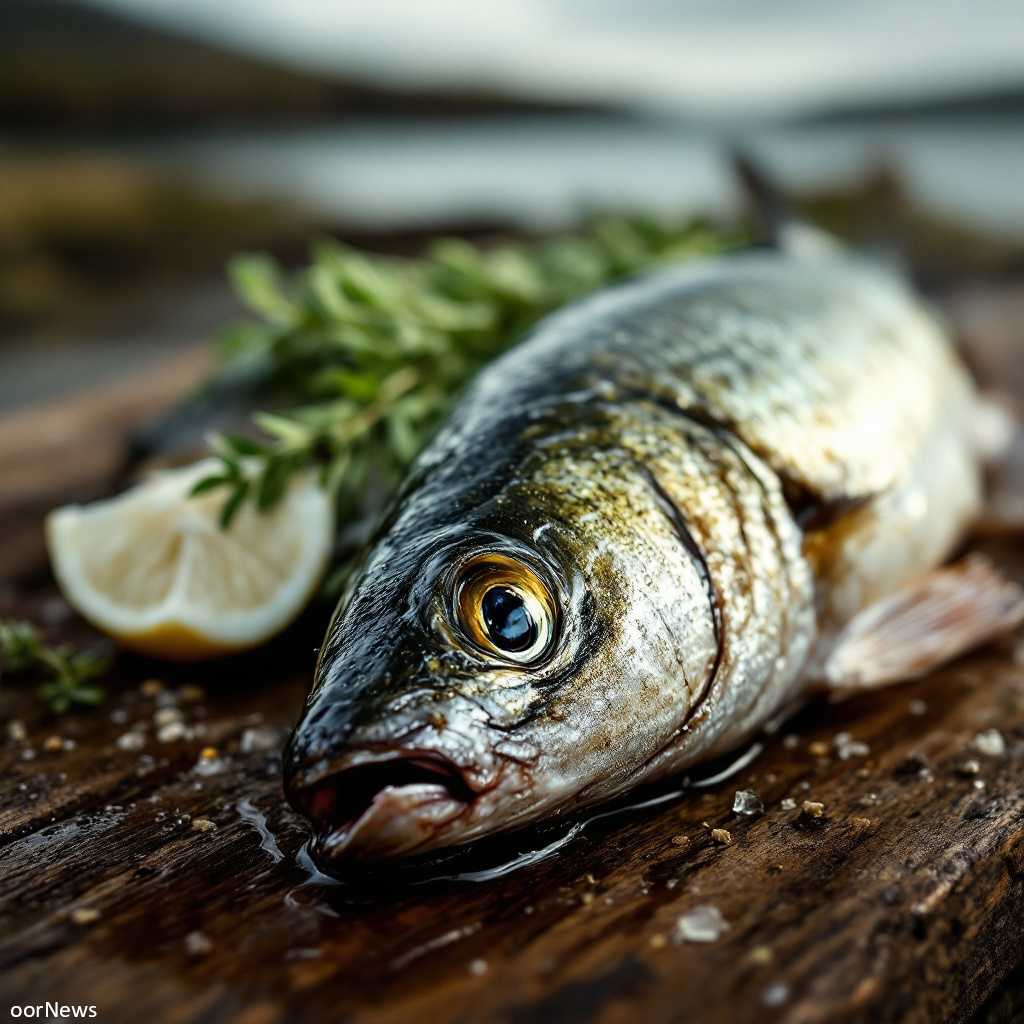Your cart is currently empty!

Eat Local Fish: A Caw tae Reclaim Nutrients for Health an Climate

Eat Local Fish: A Caw tae Reclaim Nutrients for Health an Climate
In a grundbrakin study, scientists fae the Rowett Institute at the University o Aiberdeen hae unveiled the hidin nutritional cost o the UK’s fish exports. Their research, published in Nature Food, reveals that a wealth o nutrients fae local fish is bein lost tae foreign mercats, while the nation turns tae imported seafuid.
The study pynts oot that iley fish sic as saumon, herrin, an mackerel caucht in UK watters cuid provide a staggairin 73% o the daily recommended intak o Omega-3 fatty acids an 46% o Vitamin B12. Yet, maist o this nutritious catch is shipped abreed, leain the UK reliant on imported prawns, cod, an tuna. This reliance no ainly unnermines public health but poses a challenge tae the kintra’s climate goals.
Current consumption rates shaw that the average UK citizen eats less than hauf the recommended amoont o fish, despite its weel-documented benefits in reducin hert disease. The researchers argue that increasin local seafuid consumption cuid play a crucial role in achievin net-zero emissions, as fish production emits far fewer greenhoose gases compared tae ither animal proteins.
The research, pairt o the Scottish Government’s strategic program, yaised a unique database that compiled ower a decade o data on seafuid production, trade, an consumption. Professor Baukje de Roos emphasised the need for targeted messagin tae educate the public on the types o fish that should be consumed for optimal health.
The findins cuid influence global policies, benefittin baith heich-income kintras that depend on imports an protectin the fish stocks o poorer exportin nations. The UK, a significant producer o herrin an mackerel, haes the potential tae meet its nutritional needs wi these affordable fish, yet consumer preferences dictate current trade patterns.
Dr. Anneli Löfstedt, a member o the research team, reminisced aboot the cultural significance o herrin in British society. She noted that tinned fish cuid be a viable solution tae rekindle interest in iley fish, whit aince played a vital role in the nation’s diet.
As the UK grapples wi its seafuid consumption habits, this research serves as a clarion caw tae embrace local fish. By daein sae, the nation can improve public health an contribute tae a mair sustainable future.